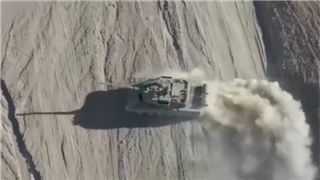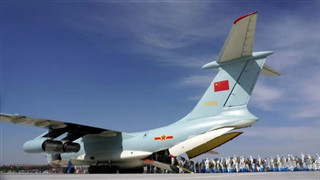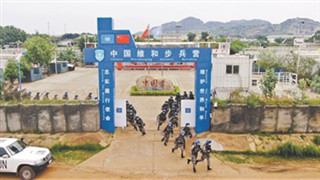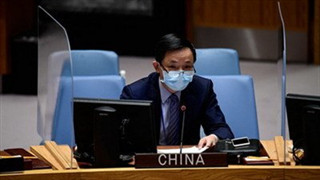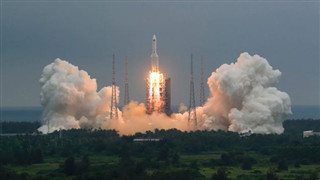By Qie Shi
Japan’s right-wing politicians have been abnormally active on the Taiwan question in the past few days. After its Defense Minister Nobuo Kishi and Deputy Defense Minister Yasuhide Nakayama clamored to help the US military defend Taiwan, its Deputy Prime Minister and Finance Minister Taro Aso claimed that if the Chinese mainland took actions on Taiwan, the Japanese government would view that as a so-called existential threat and might exercise its right of collective self-defense, stressing that Japan and the US must defend Taiwan together.
This year has seen Japanese officials changing their usual cautious attitude on the Taiwan question and challenging China’s bottom line by constantly making remarks that seriously contravene the spirit of the communique of the establishment of diplomatic relations between China and Japan. Has Tokyo gotten so bold as to wish to fundamentally change its stance on the Taiwan question? The fact is that the clamor and caw is exactly a reflection of Japanese right-wing politicians’ sense of doom.
First of all, it reflects Japan’s sense of helplessness at China’s rise. Japan used to learn from China. After the Meiji Restoration, it became a strong power in East Asia through foreign aggression, especially the pillage of China. Although it was a losing party in World War II, Japan still became the most developed country in East Asia by jumping on the band wagon of the Cold War and placing itself at America’s mercy. However, China in the past few decades has grown into a much larger economy than Japan through reform and opening-up, which has, in turn, enhanced its international influence, making its national rejuvenation an unstoppable trend. Japan is in no position to compete with China for discourse power on the international stage, especially in East Asia.
Second, it reflects Japan’s sense of loss at its declining influence over the Taiwan question. With the development of the Chinese mainland, it has become more acknowledged that the Taiwan question is an internal affair of China and the country no longer needs to act according to America, let alone Japan’s attitude. Taiwan holds special emotional value for Japan as the island is its first colony and one it thinks it governs most effectively. Japan has been an incubator and hotbed of “Taiwan independence” separatist forces and those of the early period all grew up there. However, despite Japan’s influence on the island, Tokyo has long been marginalized on the Taiwan question and, with China’s growing strength, reunification across the Taiwan Strait is a running wheel that cannot be reversed or veered. As a result, the Japanese politicians that have never given up on Taiwan in heart would naturally feel lost now.
Third, it reflects Japan’s sense of fear at the security situation after China achieves full reunification. After Japan annexed Ryukyu in 1879, it regarded Taiwan as its southern barrier and worked out a plan to invade Taiwan first, then Korea and the Chinese mainland. After the First Sino-Japanese War, Japan took its first step of outward expansion by taking Taiwan from China. After World War II, China took back Taiwan, but it didn’t reunify the two sides of the strait, so Japan didn’t feel much security pressure. Now, stopping China’s reunification is the last defense line in Japan’s scheme to curb China’s development, yet Tsai Ing-wen and the DPP authorities' "Taiwan independence" separatist actions have pushed the mainland to accelerate the process of reunification. Japanese politicians are fully aware that once China is reunified, it will stand at a disadvantage in the issues on the so-called “middle line” and the Diaoyu Islands.
In face of China, especially a fully reunified China, the sense of helplessness, loss and fear felt by Japan's right-wing politicians boils down to a sense of doom. That's why Tokyo claims to defend Taiwan along with the US and view the reunification across the Taiwan Strait as a state of emergency that concerns Japan’s security. Acting so impudently and imprudently in disregard of the overall situation of the current China-Japan relations indicates how scared and anxious Japanese politicians are.
Whether Washington and Japan will defend Taiwan is not up to themselves, but to China’s capability, will and resolve.
(The author is a special contributor to taiwan.cn)
Editor's note: This article is originally published on the taiwan.cn, and is translated from Chinese into English and edited by the China Military Online. The information, ideas or opinions appearing in this article do not necessarily reflect the views of eng.chinamil.com.cn.
